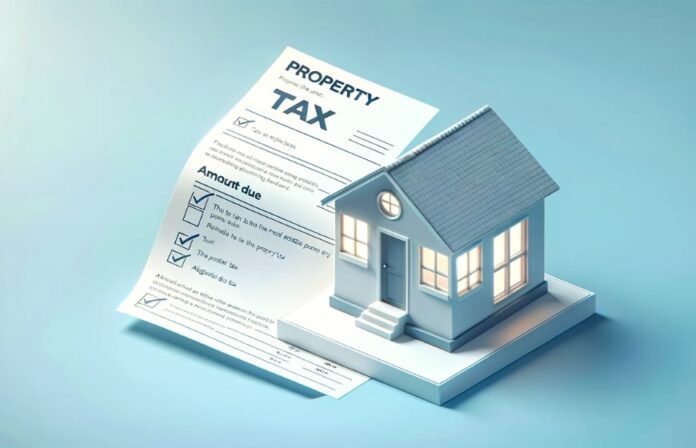Property buyers and sellers in Punjab are facing a new challenge as penalties are being enforced for immovable property purchases made through non-banking transactions. This development follows increased taxation and revised property valuations by the Federal Board of Revenue (FBR).
According to a real estate insider, a 5% penalty is applicable under Section 75A of the Income Tax Ordinance, 2001, for purchases made outside the banking system if the fair market value of the property exceeds Rs5 million or, in the case of other assets, Rs1 million. He noted that buyers and sellers are now grappling with this additional compliance burden.
Recently, the Punjab Board of Revenue instructed all sub-registrars, assistant directors of the Land Records Authority, and transferring officers to enforce penalty recovery on non-banking property transactions.
During a pre-Public Accounts Committee (PAC) meeting chaired by the Senior Member of the Board of Revenue, Punjab, concerns were raised over the failure of withholding agents to collect these penalties. Authorities expressed dissatisfaction and issued directives to ensure compliance by field officers.
The Punjab Revenue Board has clarified that sub-registrars, assistant directors of Land Records, and transferring or attesting officers are responsible for enforcing the penalty. Failure to do so will hold the respective officials accountable for non-compliance.
This directive aims to streamline tax enforcement and curb evasion in the real estate sector, ensuring adherence to the Income Tax Ordinance and safeguarding government revenues.
Additionally, during a recent meeting, the National Tax Council (NTC) also reviewed property tax reforms, focusing on rationalizing property valuation tables to enhance tax collection.
Punjab is considering shifting from rental to capital value for urban immovable property tax, aligning it with stamp duty and capital gains tax frameworks.
The NTC emphasized the need for a unified approach to property taxation across provinces to improve revenue generation. It referred key issues, including data sharing and harmonization of tax laws, to its executive committee for further deliberation and resolution.




